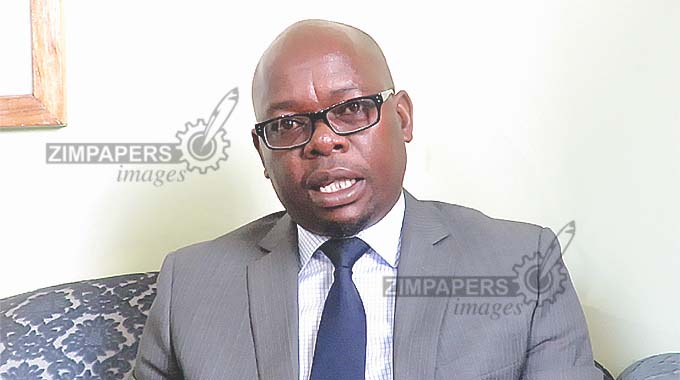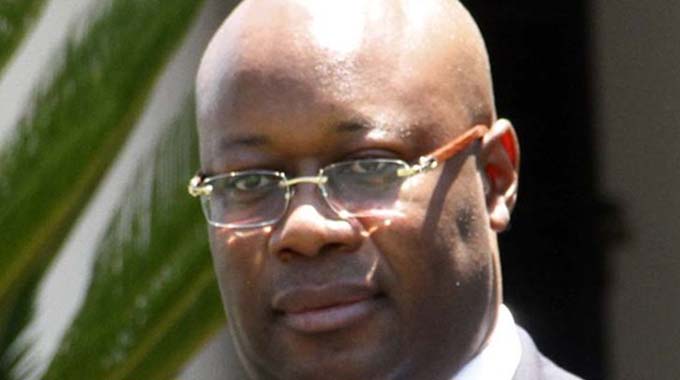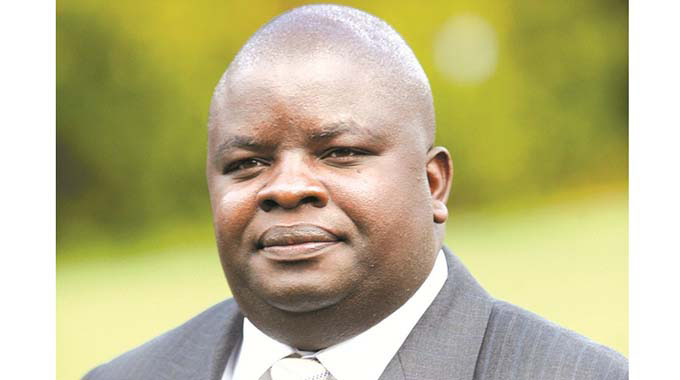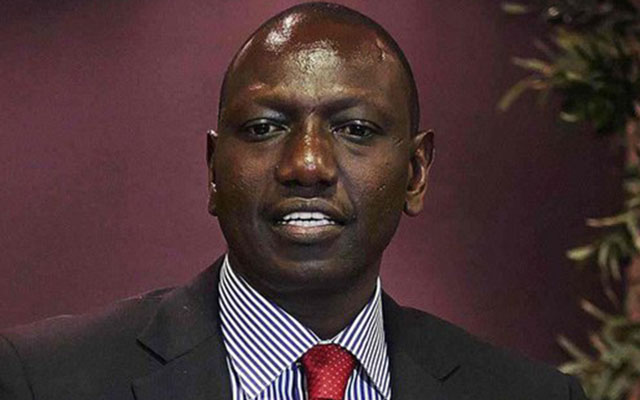Outrage over steep hike in shop licence fees

Blessings Chidakwa Municipal Reporter
Operating a business in Harare is now a nightmare after the MDC-Alliance dominated council this week hiked shop licence fees 300-fold, as the council tries to convert a user service fee into a money spinner.
Business stakeholders said the new fees, which came into effect on September 1, were introduced without consultations, without explanations and are against Government’s principle of encouraging the ease of doing business.
Shop licence fees are supposed to be a service fee to cover the cost of registering businesses and covering the costs of health, safety and other checks.
With registration requirements supposed to diminish under the new policy of making businesses easier to open, and the inspections supposed to remain the same, no one understands the level of the increase, except to grab vast quantities of cash for other council activities totally unconnected with licensing.
Hawkers are among the most hit as they are now supposed to pay an operation fee of $10 351.
Shop licences for operating a bar, night club, bottle store or club liquor licence now cost $30 157, while for a hardware or service station without convenience shop is $39 240.
Food purveyors, that is grocers, are now paying $55 273 and food purveyors with an in-shop butchery pay $71 306.
A surgery licence fee is $24 475 while that of a grinding mill is $10 351.
Even applying for a licence now needs a $5 730 submission fee, while the health report for surgeries and liquor outlets is $10 351.
Speaking for the Confederation of Zimbabwe Retailers, Mr Denford Mutashu yesterday said the dramatic rises were very worrisome as there was no stakeholder consultation.
“The city has been arbitrary and we are prepared to challenge the decision even if it means approaching the courts,” he said.
“We have been grappling with Covid-19 impact and for the city to come up with a licence jump of over 500 percent is arbitrary as costs end up being passed on to consumers.”
Mr Mutashu said the hiking comes at a time when the local currency has been stabilising against the US dollar, thereby disturbing the sanity in the market.
National Business Council of Zimbabwe president Mr Langton Mabhanga said the blatant increases of tariffs by Harare City Council and most urban local authorities run counter to the spirit and trajectory of efforts by central Government and monetary authorities to stabilise the economy.
“It should be appreciated that all such disproportionate increases lead to disproportionate cost build up matrices that will eventually weigh heavily on the consumer,” he said.
“More discouraging is that some of this revenue is being squeezed from the poor to fund inefficiencies and imprudent spending culture in most local authorities to cover for land scams by those who are supposed to serve the interests of residents and stakeholders.”
Vendors Initiative for Social and Economic Transformation director Samuel Wadzanai expressed dismay that the increase was done without consultations nor consideration of the fact that small businesses were still grappling with the Covid-19 pandemic and the lockdown.
“The charges — examples being the $55 273 for a grocery shop licence, $10 351 for hawkers licence and the same amount being for grinding mill licence — represent a systematic assault on people trying to earn livelihoods in an extremely challenging environment,” he said.
“While cognisant of the fact that the city needs to generate revenue in order to meet costs of service delivery, we would urge the authorities to be innovative during these times by seeking partnerships with their publics and finding out how best they can assist council.”
Combined Harare Residents Association director Mrs Loreen Mupasiri-Sani said any licence or price increase should come out of an extensive consultative process with concerned stakeholders.
Harare City Council finance chairperson councillor Luckson Mukunguma said council made a resolution to the effect that the tariffs must be reviewed periodically after every three months.
The city’s spokesperson Mr Michael Chideme justified the increase.
“These are inflation or interbank adjusted charges so that council remains afloat and is able to offer services,” he said. “There is also an option to pay in US dollars.”









Comments